RefugePoint partners with refugees to access life-changing solutions and transforms how the world supports them.

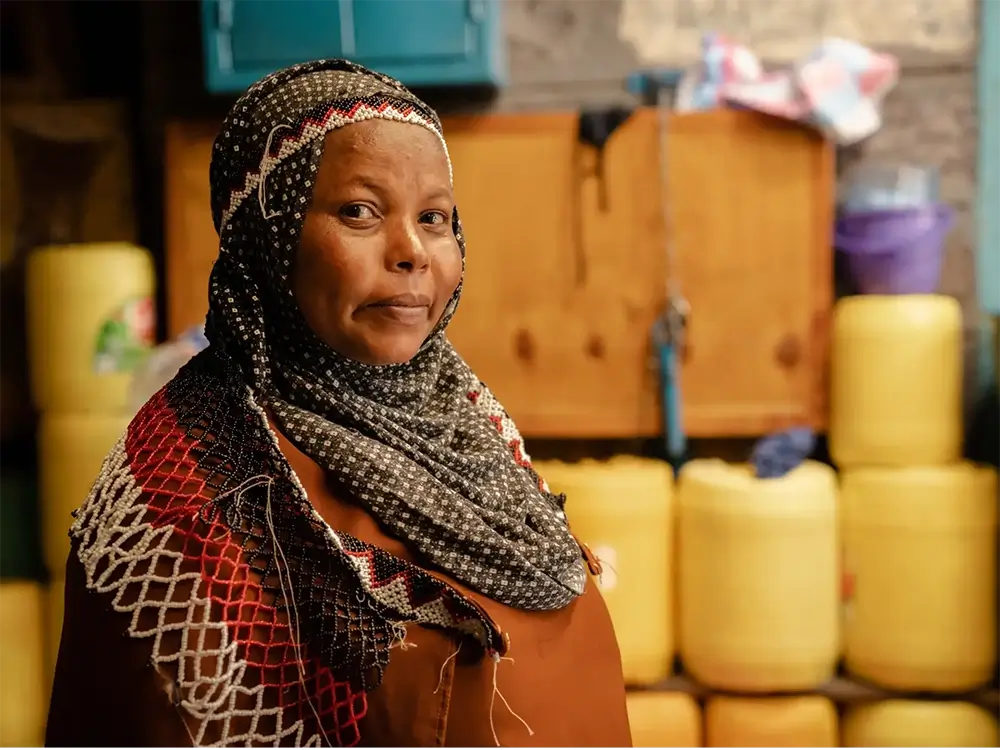
Giving in Canada? Click Here

RefugePoint partners with refugees to find long-term safety and rebuild their lives. We accomplish this through two main programmatic pillars: Self-Reliance and Resettlement & Other Pathways to Safety.
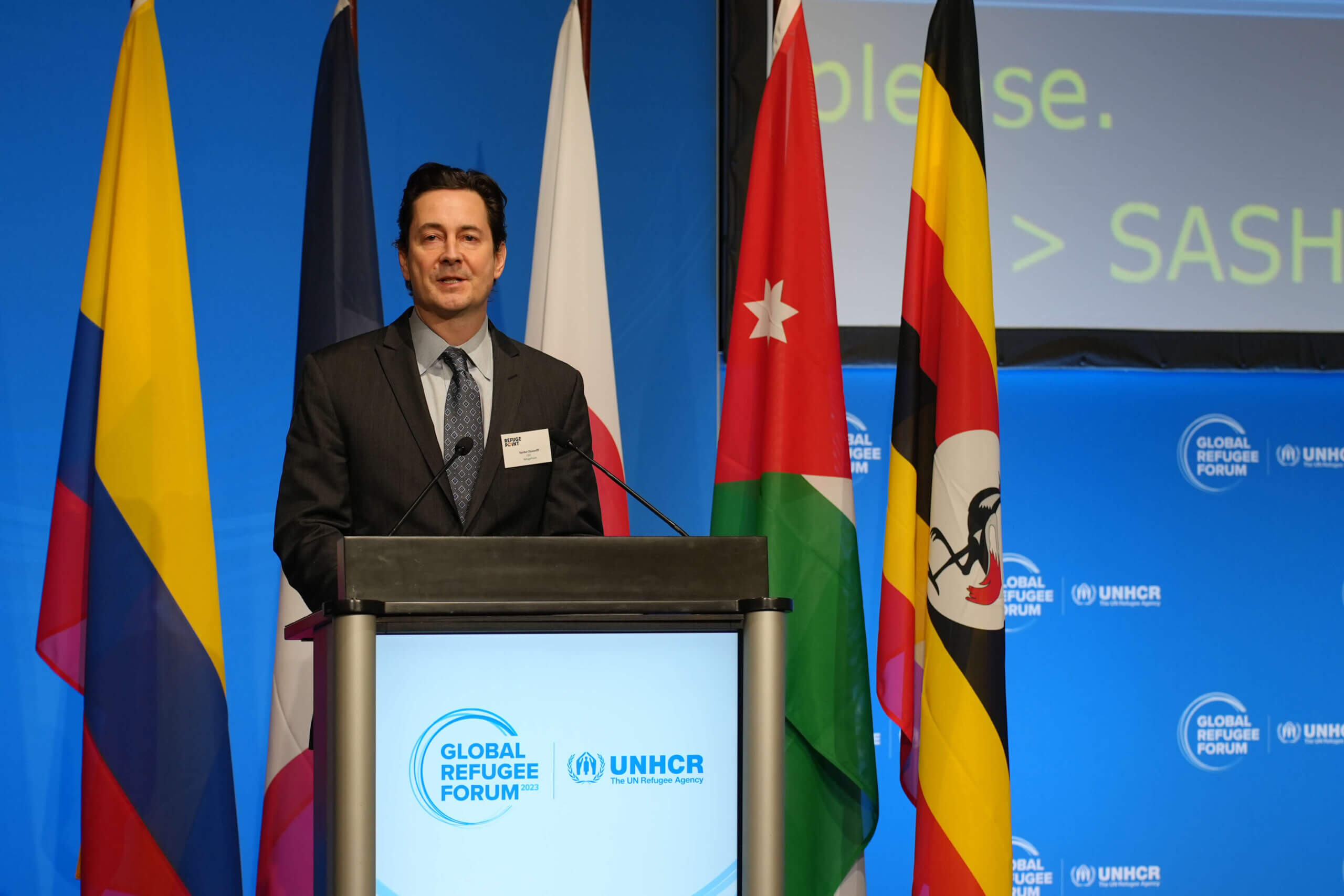
The 2025 Global Refugee Forum Progress Review in Geneva recently assessed the commitments made in 2023. RefugePoint made four pledges and is proud to report that we have made progress toward achieving the goals outlined in each.
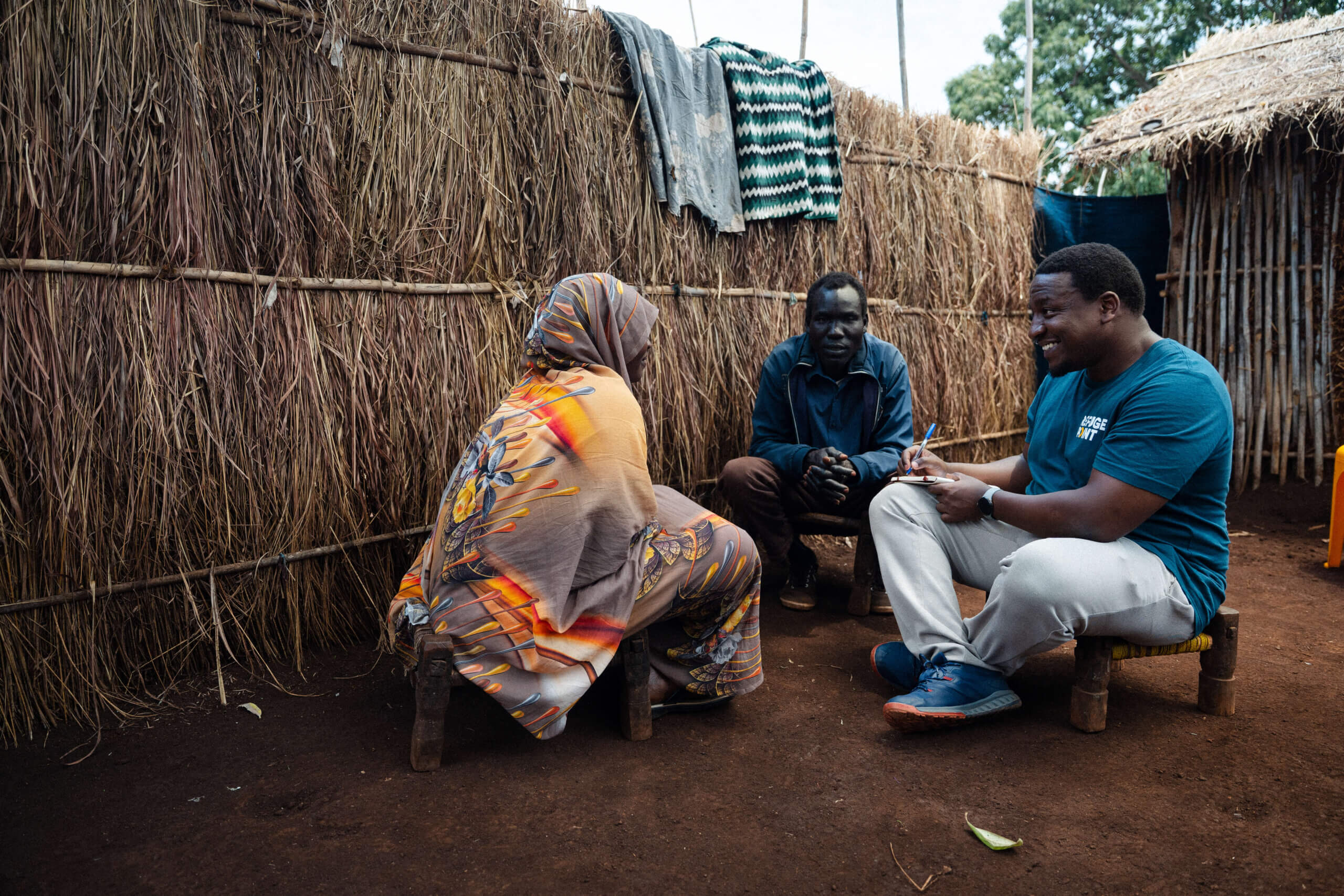
Our Theory of Change is a clear roadmap for how we turn our vision into action amid record levels of global displacement. It shows how our work connects across focus areas to create meaningful impact for refugees, while helping us to adjust and adapt for greater effectiveness.
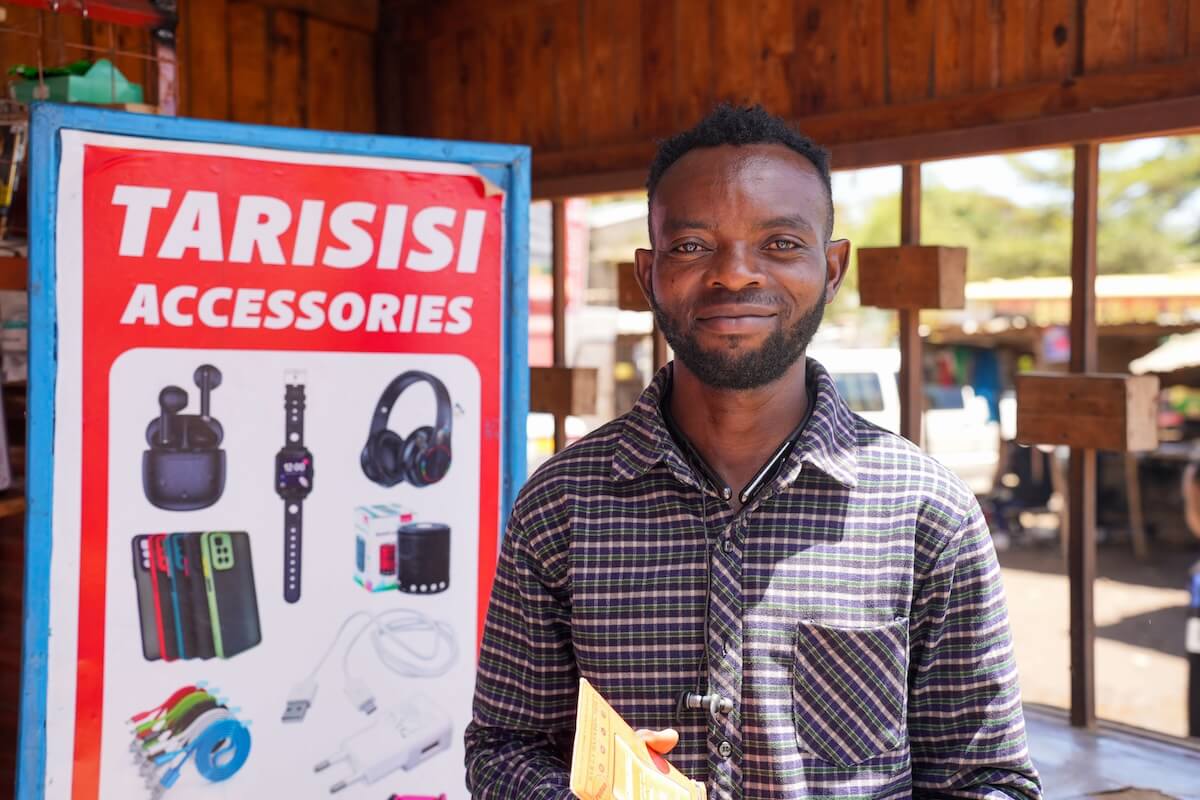
As resettlement and humanitarian support shrink, helping refugees access and maintain self-reliance is crucial to ensuring their safety, dignity, and long-term stability.
Worldwide, there are over 43 million refugees who have been forced to flee their countries due to war, conflict, persecution, and human rights violations. While many organizations are quick to provide aid, most offer short-term assistance. This leaves refugees stuck in limbo with few opportunities to find long-term safety and rebuild their lives.
We focus on expanding access to lasting solutions for refugees, especially those facing vulnerabilities who are underserved by aid systems.
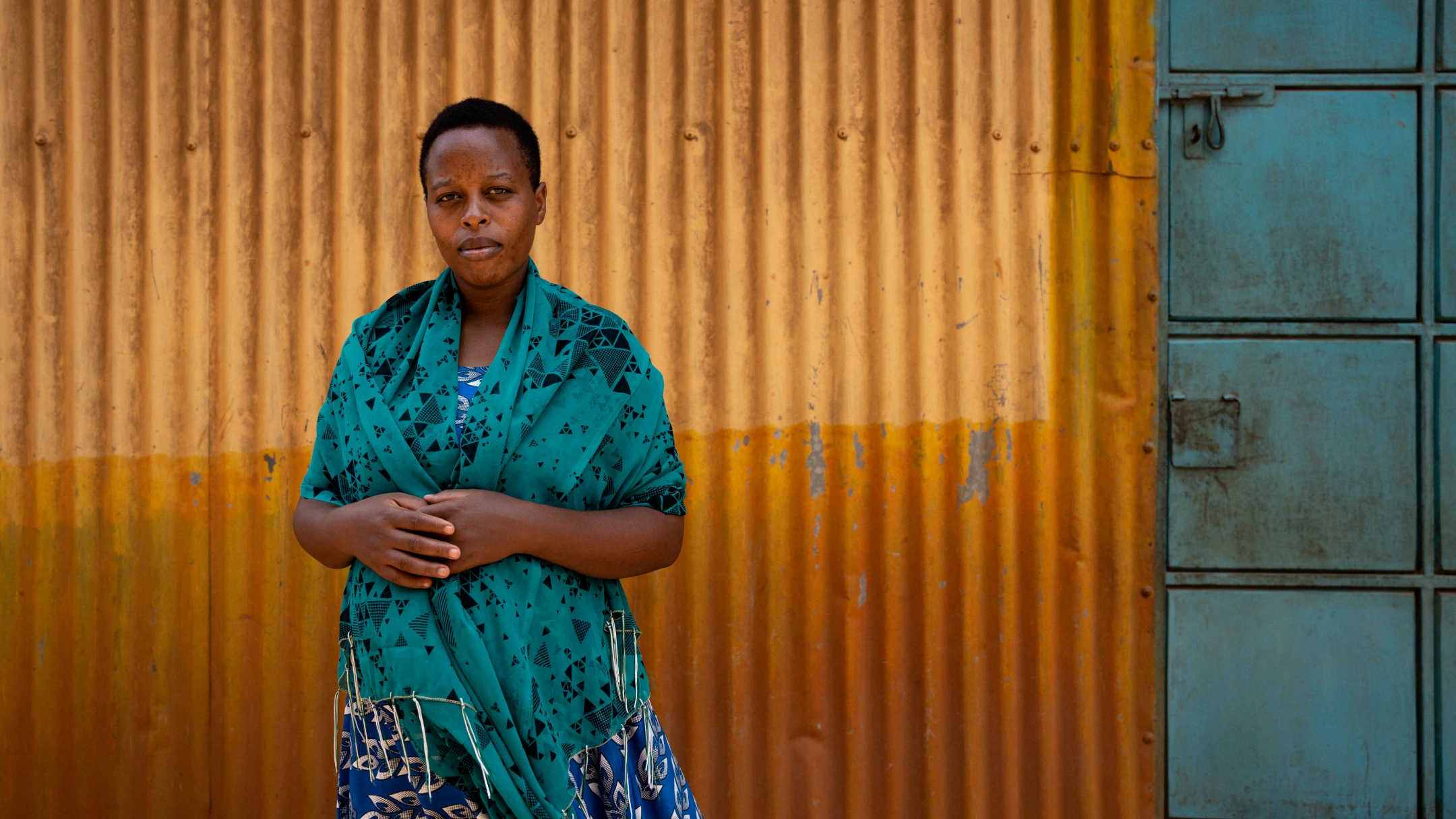
Hear directly from those we serve around the world. Explore how individuals overcome incredible challenges, rebuild their lives, and contribute to their communities.
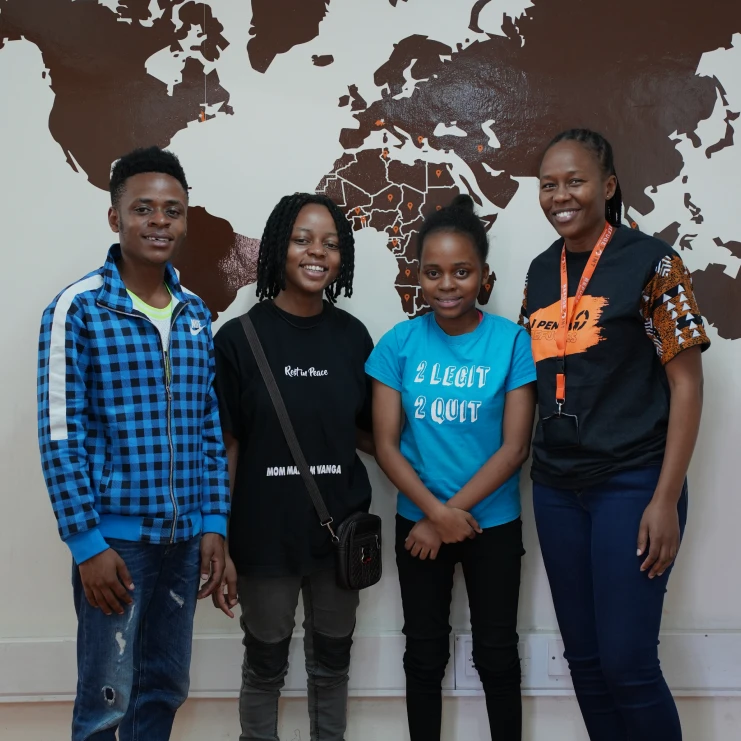

“This opportunity is a big one for us. There are so many people searching for this opportunity. Life was not easy. Working as a hairdresser to provide for my siblings was tough. I would often wonder: What is their future? What is our future? But this resettlement means a lot to us.”
Henry, Daniella, and Prisca
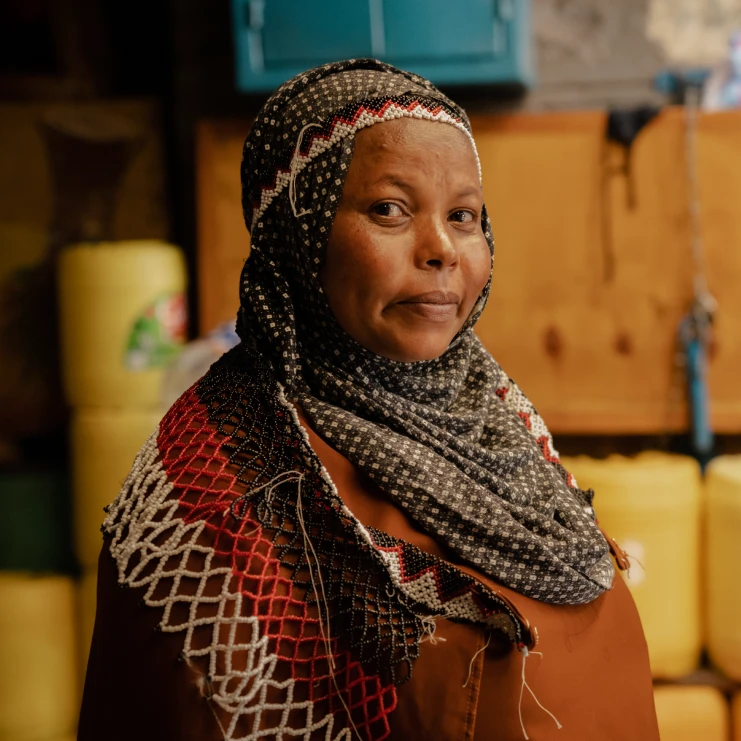

“I am content with what I have. I do not seek assistance from other people. I have a plan to expand this work by hiring people to work under me.”
Safiya
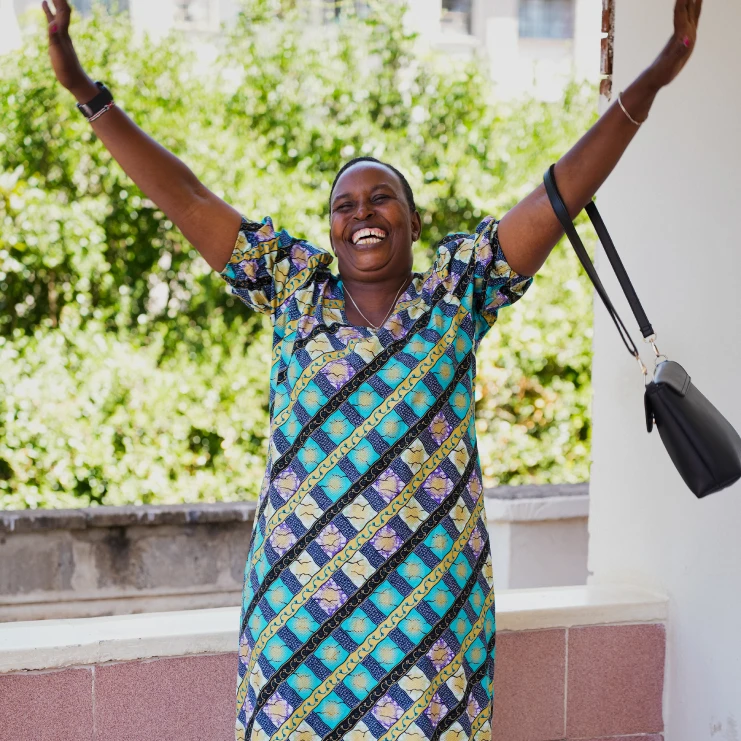

“In French they say, ‘I am ‘fière’ (proud) of my life now. I’m no longer seeking assistance, I’m confident in my business and now I have my own money… My life has really changed and I’m very grateful to RefugePoint and all the staff who helped me along the way.”
Umutoni
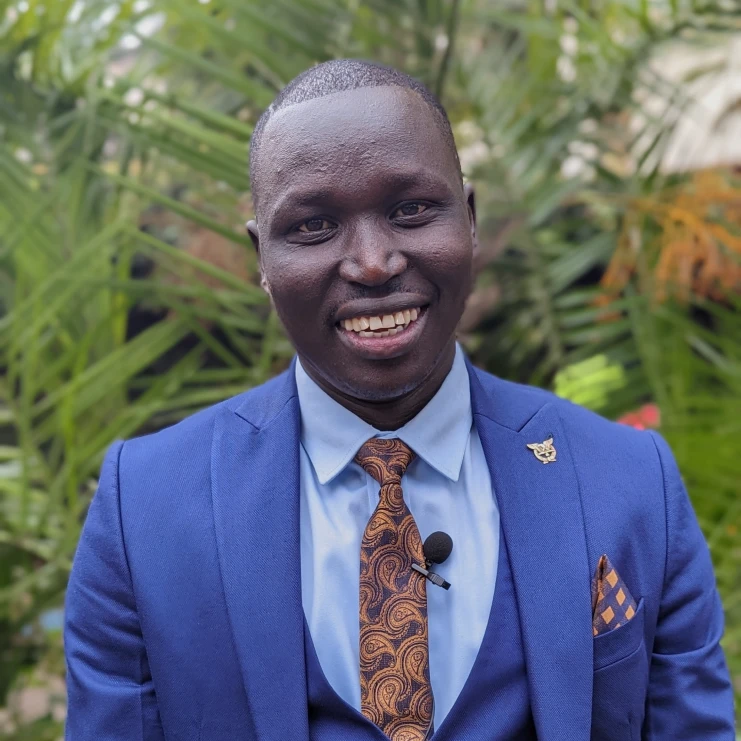

“I will become a light to my family, community, and everyone. If I tell you what the Economic Mobility Pathway means, it means life to us.”
Mark
Discover how RefugePoint transforms lives by creating access to long-term solutions for refugees through resettlement, self-reliance, partnerships, and more.
188,757
Since 2005, we have directly helped over 188,757 refugees access resettlement and other pathways to safety.
8,910
RefugePoint’s Urban Refugee Protection Program in Nairobi, Kenya, has served 8,910 refugees, 60% of whom have graduated or reached self-reliance.
2.5M+
Refugee Self-Reliance Initiative (RSRI) partner organizations have collectively reached more than 2.5 million refugees globally.
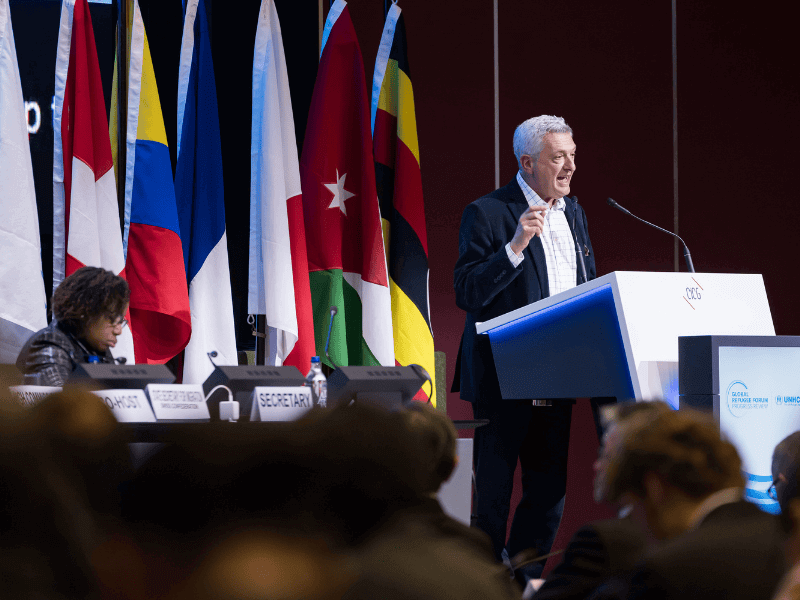
This week marks the 2025 Global Refugee Forum Progress Review in Genev...

Last month, RefugePoint’s labor mobility team celebrated several new...
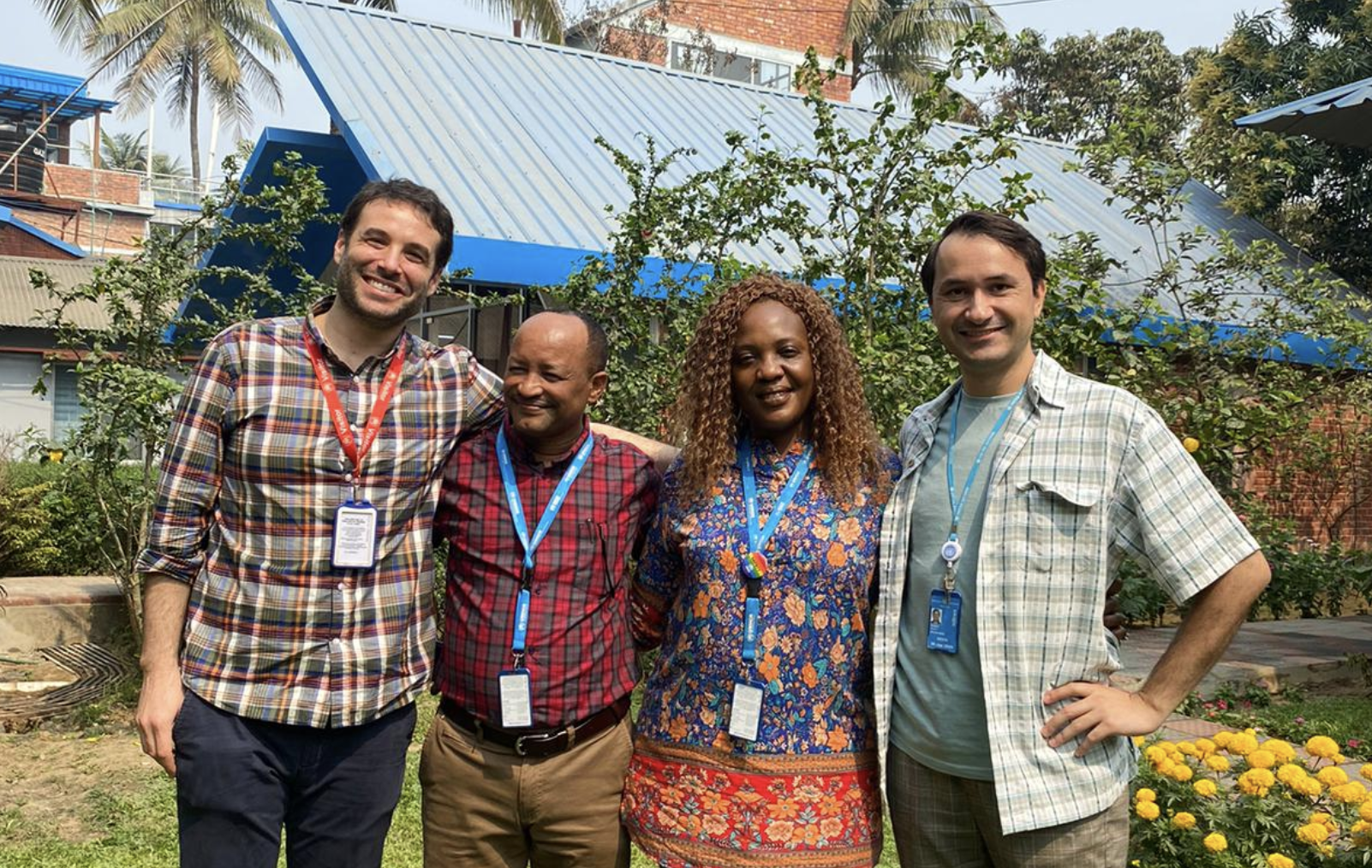
By: Dr. Sonasha Braxton, Senior Technical Advisor for Mental Health an...

Many of the youth that our Child Protection Experts work with have exp...
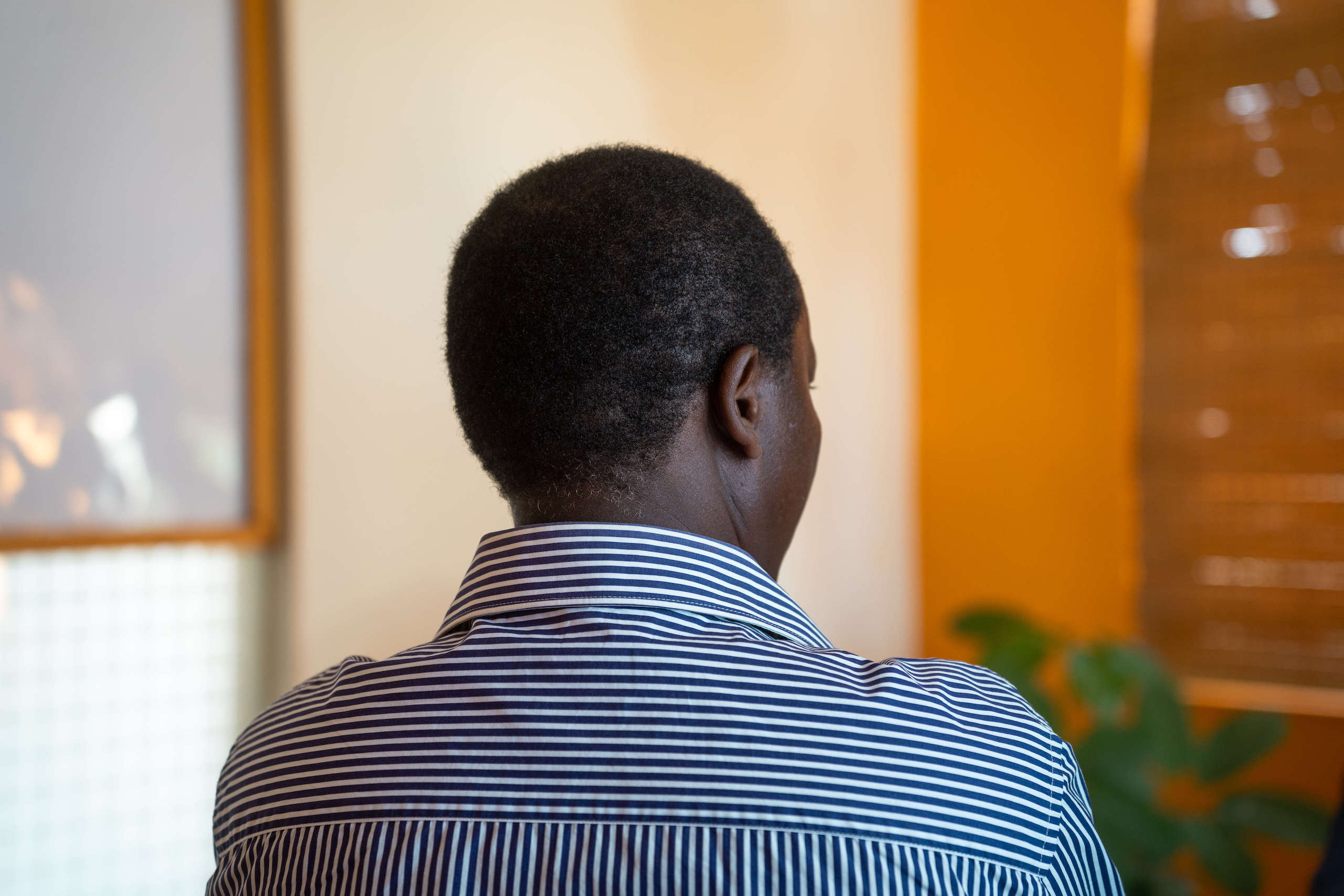
As counselors at RefugePoint, we see clients who suffer from a wide ra...
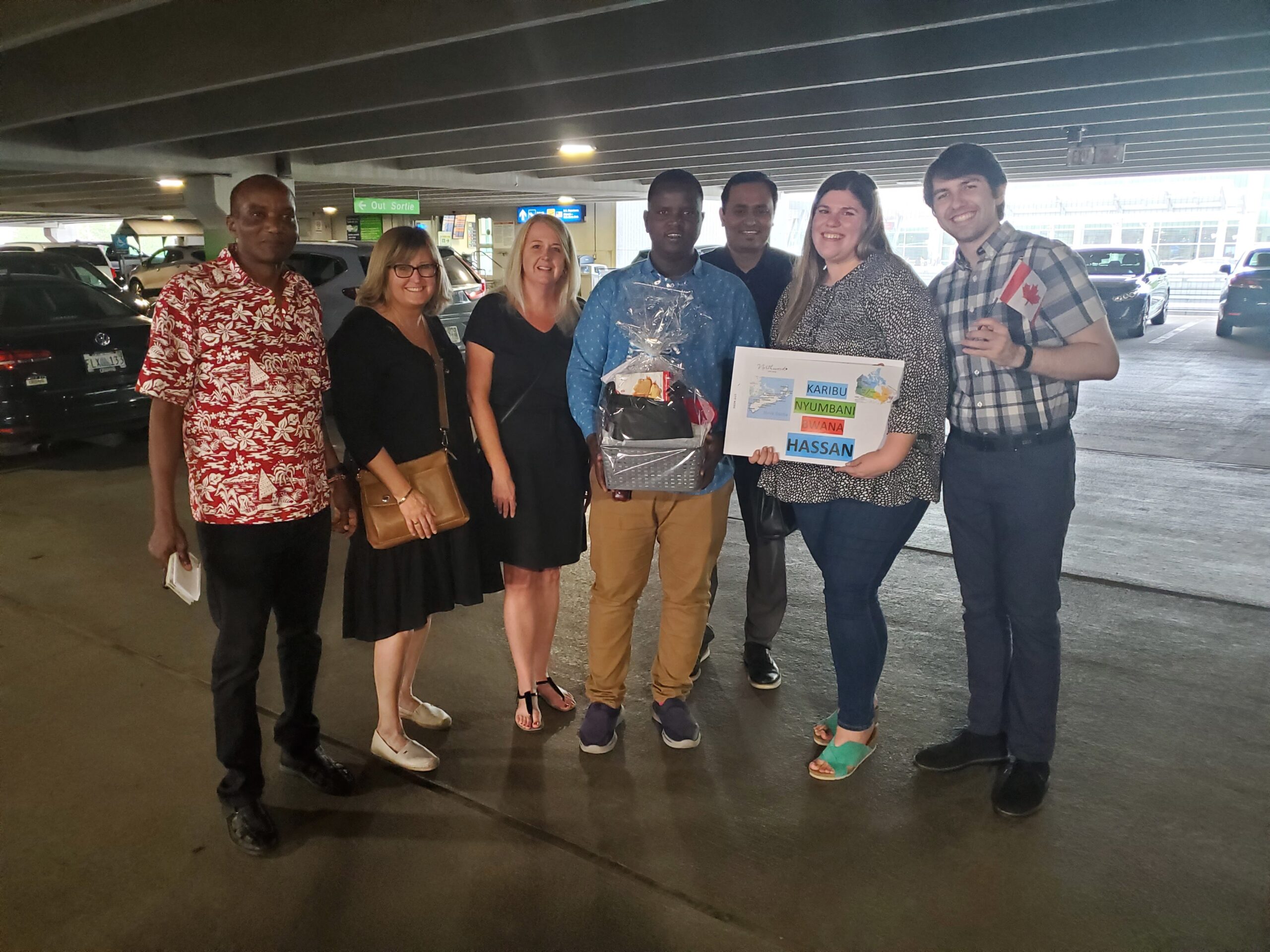
RefugePoint Founder, Sasha Chanoff, recently presented at Expanding Gl...

RefugePoint envisions an inclusive world where all refugees can safely...
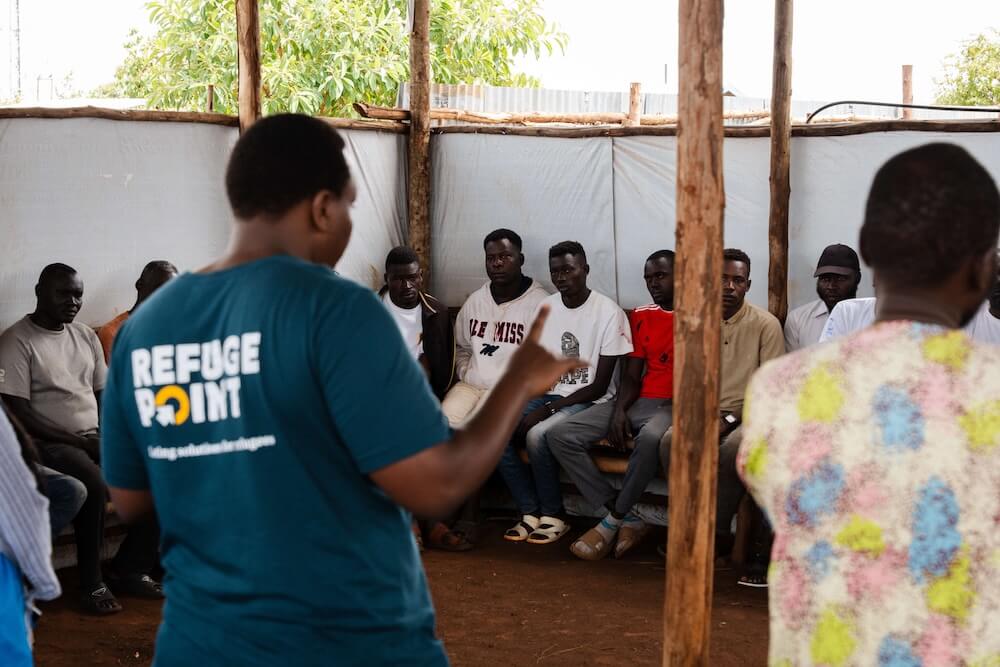
Over the past year, the world has shifted in ways that have made life ...
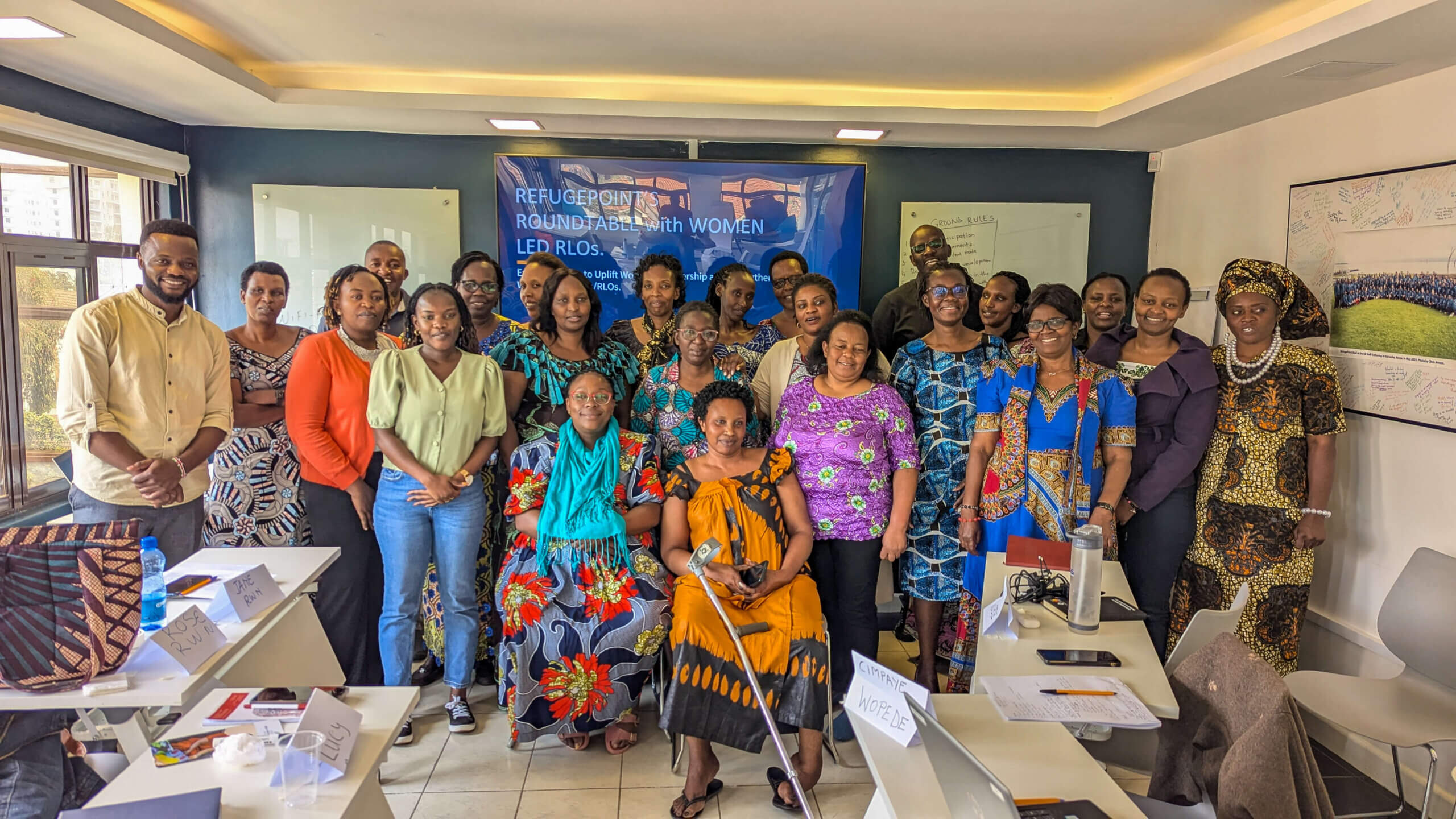
Kenya’s urban areas are home to over 116,000 refugees, most of whom ...

Resettlement as a Life-Changing Opportunity: Kavira’s Story The pat...

Over the past several years, RefugePoint has been intentionally deepen...
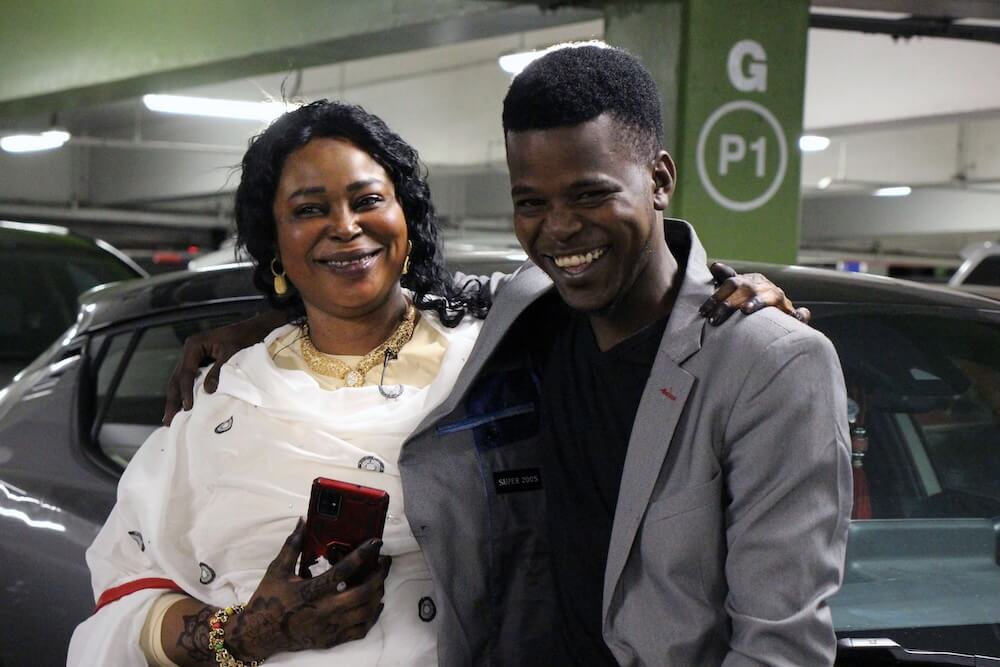
Refugees fleeing their home countries are often separated from family ...

Earlier this month, hundreds of supporters, partners, former refugees,...
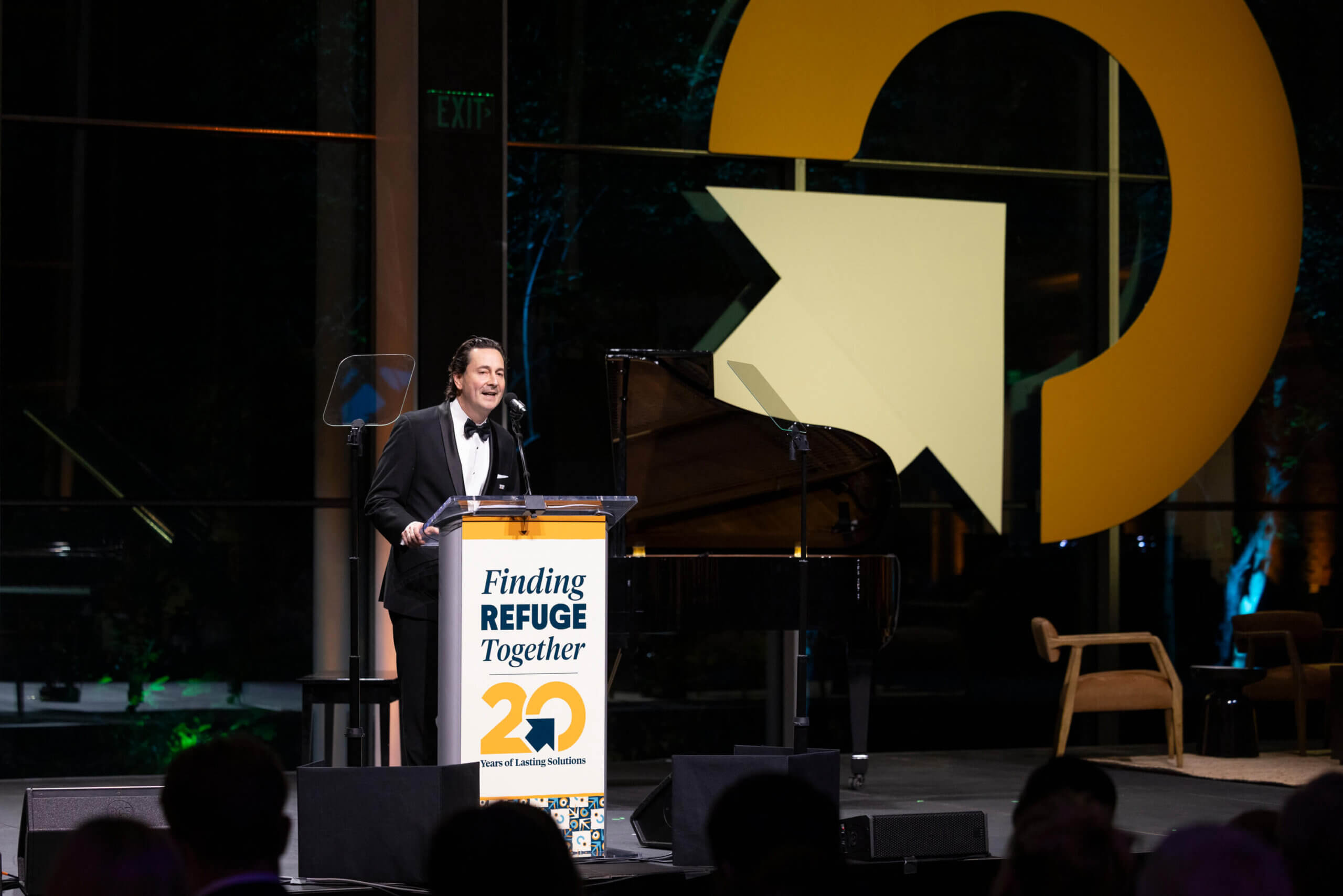
Watch RefugePoint Founder & CEO Sasha Chanoff's remarks at Finding...
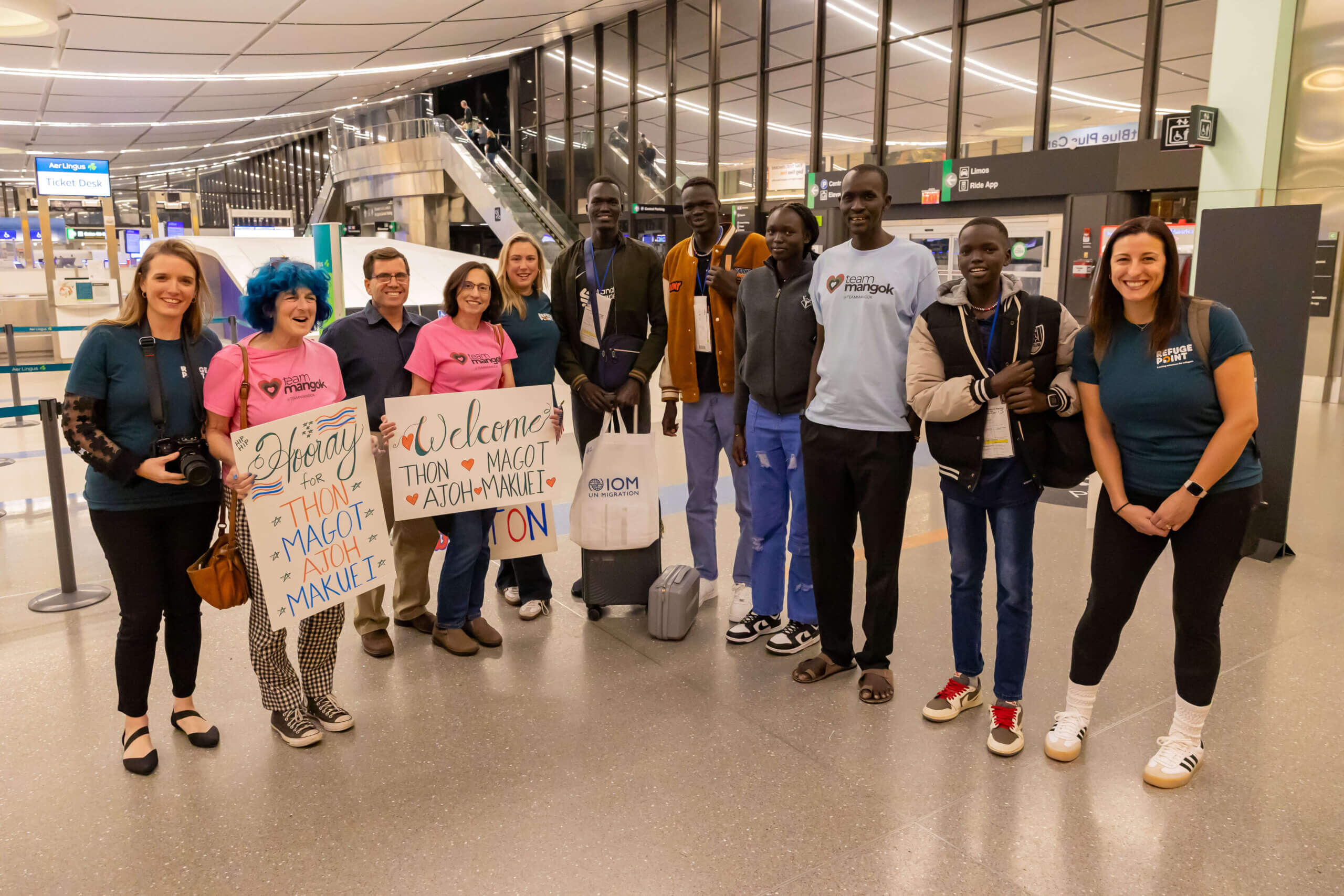
Today, the forces of inhumanity are gaining ground: more than 60 wars ...
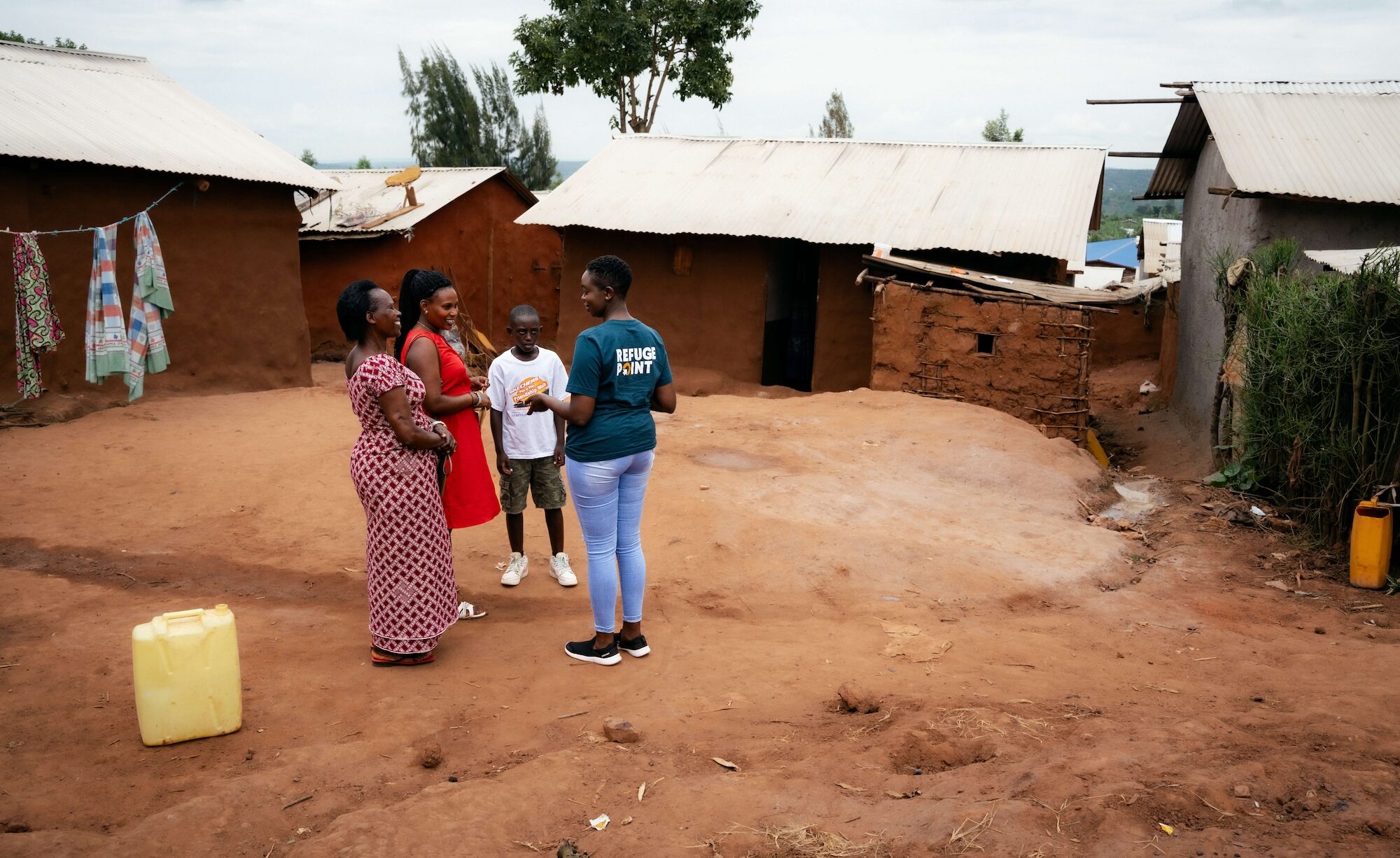
In a world where more than 120 million people have been forcibly displ...
Stay in the know about our work with refugees: get RefugePoint news, refugee stories, events, and more delivered right to your inbox.
This site is protected by reCAPTCHA and the Google Privacy Policy and Terms of Service apply.
Your gift will be used to deliver lasting solutions for refugees around the world, and help them rebuild their lives in safety.
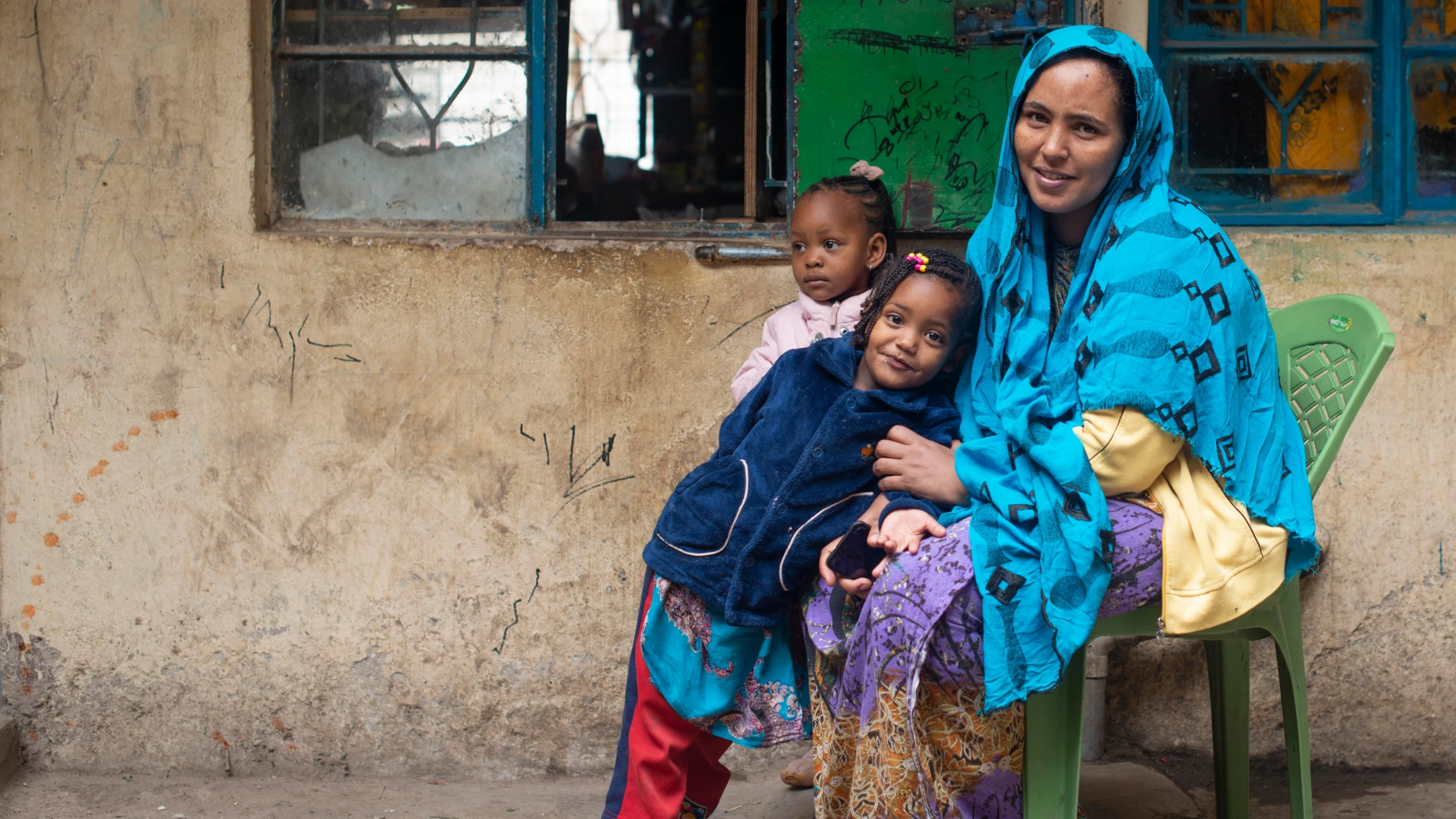
Stay in the know about our work with refugees: get RefugePoint news, refugee stories, events, and more delivered right to your inbox.
This site is protected by reCAPTCHA and the Google Privacy Policy and Terms of Service apply.
